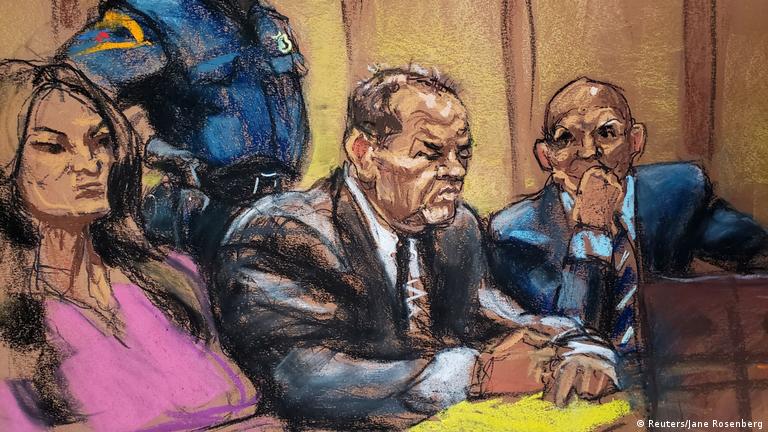Editors Note: we at ScreenHub Entertainment have elected not to use any photographs of Harvey Weinstein in this article. We have decided that he does not deserve to be visually represented in our publication. His victims, however, deserve every chance to have their voices heard.
In a controversial decision Thursday morning, the New York State Court of Appeals overturned Harvey Weinstein’s 2020 felony conviction for the rape of two women. The court found that some of the evidence brought by the prosecution was not admissible. If any of this makes you angry, it should, and here’s why.
In 2020, the #MeToo movement won a huge battle in its search for justice. Harvey Weinstein, who had been a major player in the film and television industry for decades, was convicted of rape and sexual abuse in a New York court. He was sentenced to 23 years in prison. While the conviction was only for crimes against two women, it was symbolic for more than 100 women, who were mostly young actresses at the time that they claimed Weinstein sexually assaulted them.
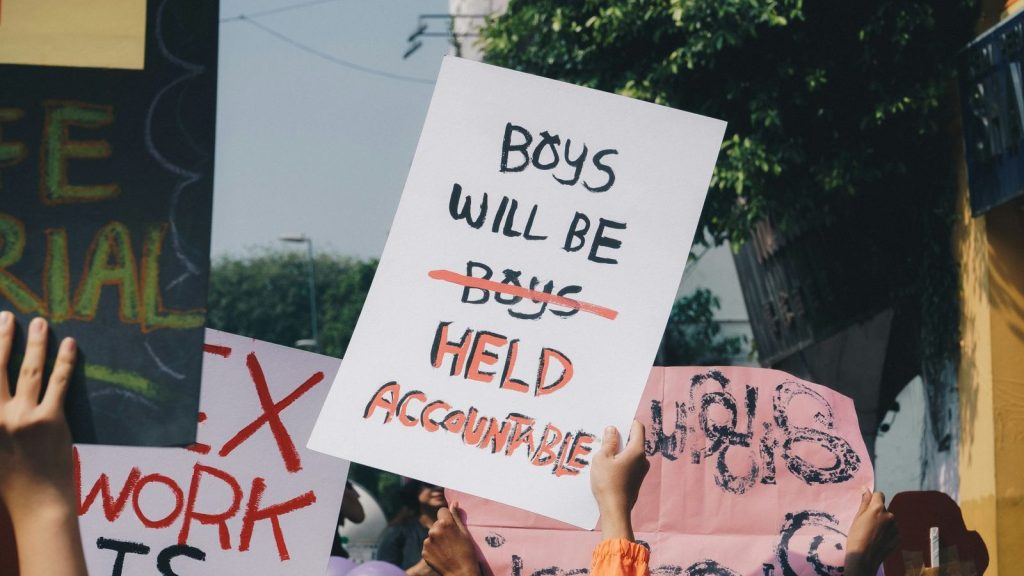
What did the Court Decide?
The New York State Court of Appeals is the highest in New York State. Their decision is the ultimate result of many appeals by Weinstein’s legal team. The 4 to 3 court decision was based on several legal questions, but one point in particular sets an extremely dangerous precedent.
This dangerous point calls out a very specific kind of evidence known as “prior bad act witness” testimony. Traditionally, these witnesses have no direct connection to the crime, but their testimony can serve to show a pattern of similar conduct. The 77-page majority statement called the trial judge’s decision to admit this evidence “egregious” and included this statement:
“No person accused of illegality may be judged on proof of uncharged crimes that serve only to establish the accused’s propensity for criminal behavior,”
Why is This Dangerous?
Anyone remotely familiar with sexual assault trials understands what an uphill battle they often are. These trials tend to focus on the victim’s behavior and the perpetrator’s state of mind because a jury is tasked with deciding whether or not the sexual conduct was consensual. Perpetrators of sexual violence normally commit these offenses behind closed doors outside the presence of witnesses, often leading to these trials becoming “he said, she said” debates.
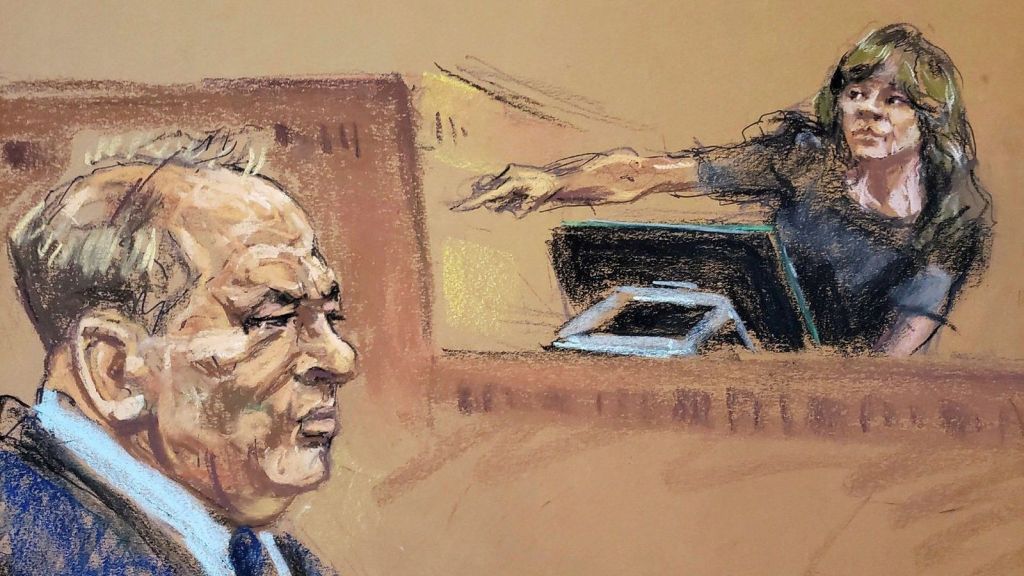
Allowing other victims to testify who have suffered similar sexual violence at the hands of the same perpetrator helps demonstrate a pattern. In other words, the witnesses help demonstrate the perpetrator’s propensity to commit sexual violence. The value of this evidence is astronomical because it shuts down “victim-blaming” and disproves false claims of consent or mistake. the dissenting justices recognised the covert nature of sexual violence and expressed their frustration with the majority’s misguided ruling in their opinion, which stated:
“Forgotten are the women who bear the psychological trauma of sexual violence and the scars of testifying again, and again. This erosion of precedent, born from a refusal to accept that crimes of sexual violence are far more nuanced and complex than other crimes, comes at the expense and safety of women.”
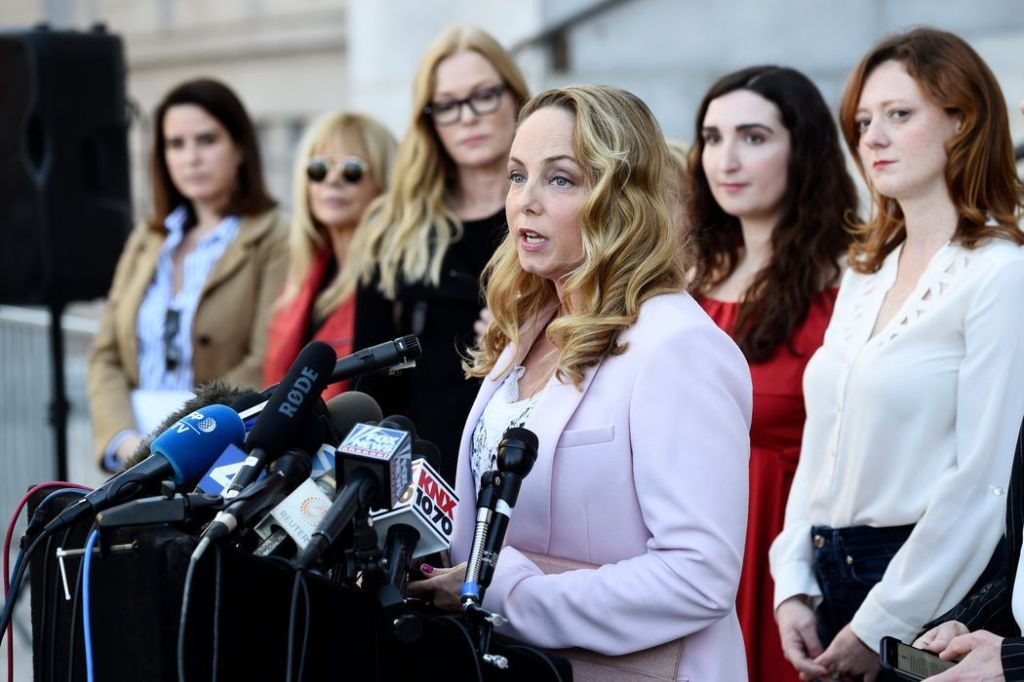
It is important to note that the appeals process, while frustrating, is an important part of our justice system. It ensures that prosecutors respect a defendant’s civil rights and it holds prosecutors accountable when those rights are violated. It becomes a problem when those in charge of the decisions disregard the nuanced nature of the crimes, and harm the victims in the process. These women will now be required to take the stand again and relive all of the horrible things that Weinstein did to them.
What’s Next?
A group known as The Silence Breakers, who represent the majority of Weinstein’s accusers, released a statement in Variety. They described the decision as “profoundly unjust”, but indicated that they are not without hope. Their statement concluded with this:
“When survivors everywhere broke their silence in 2017, the world changed. We continue to stand strong and advocate for that change. We will continue to fight for justice for survivors everywhere.”
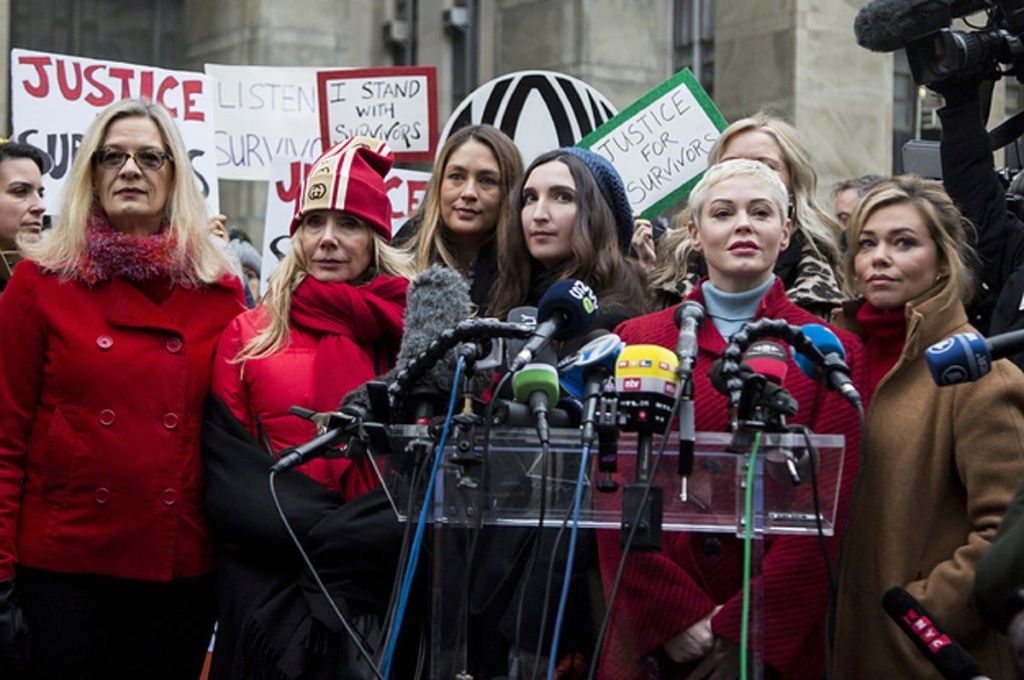
While these events are infuriating, Harvey Weinstein is still far from being a free man. The New York state attorney has stated that he will retry the case, and in 2023, Weinstein was convicted of similar charges in a Los Angeles court and was sentenced to 16 years in prison. It is still unknown what his lawyers will argue in their appeal in that case, but it is likely to be on similar grounds to the New York case. Unlike New York, however, California has laws that allow uncharged victims to testify in sexual assault criminal trials to prove a perpetrator’s propensity to commit sexual violence.
